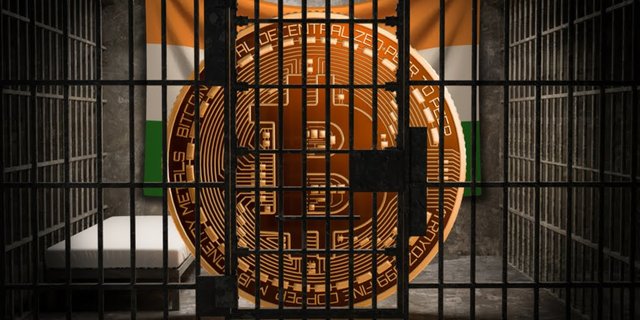what will happen about cryptocurrency in India after 11 September?
On July 20th, the Supreme Court of India delayed the fate of cryptocurrency in a decision that came as no surprise.

The latest hearing of the case against the Reserve Bank of India (RBI), India’s central bank, was disappointing, with a limited case put forward by the plaintiffs.
Cryptocurrency in India
In April, the RBI issued a circular that ordered all financial institutions to desist from providing services to blockchain related companies. The effect of this circular was that exchanges and other services either shut down or moved to a friendlier jurisdiction.
But what is more questionable is that the RBI ordered banks and other institutions to stop dealing with customers who were transacting in bitcoin, sealing the fate of cryptocurrency. The ban has only come into effect recently, on July 5th, with petitions to the supreme court to delay the ban falling on deaf ears. According to cryptocurrency regulatory news outlet Crypto Kanoon –
“Limited arguments were advanced on behalf of IAMAI and RBI today. Since SEBI and few others have not filed their response to the Petition seeking regulation, so the Court directed for completion of pleadings. Final arguments on 11th September”
The arguments
According to the senior counsel for the RBI, cryptocurrency could be used for illegal transactions. This argument has been debunked multiple times on the grounds that fiat is still used for the majority of illegal transactions, and cryptocurrency is easily traceable.
The arguments against the ban were that India had much to lose against their global counterparts. The arguments were put forward by the Internet and Mobile Association of India (IAMAI) senior counsel.
The arguments put forward by both the RBI and IAMAI are largely regarded as weak, with little new information or sophistication. A petition seeking regulation has garnered little response and so the only option left to the court has been to wrap up proceedings until September.
The issue of whether cryptocurrency is useful or not should actually be secondary. A more pressing legal challenge is on the legality of the circular itself. It is highly questionable whether the RBI had the authority to enforce such a ban over commercial banks when cryptocurrency has not been declared illegal. There should be more outrage at a central bank overstepping its already enlarged boundaries as opposed to the irrationality of the ban itself.
The implications of procrastination
Cryptocurrency is often cited as an industry that will reduce the gap between rich and poor countries as well as rich and poor individuals. South American and Asian countries are utilizing cryptocurrencies to close the gap between their Western counterparts. India is running the risk of being left behind by refusing to adopt. The blockchain industry is very fast paced, and countries like Japan, Malta, and Estonia, are already miles ahead. Time is vital, and India is squandering an opportunity for equality.
The fate of cryptocurrency in India is to be decided on September 11th. While there is no formal ban in place, cryptocurrency in India has been effectively outlawed. In other jurisdictions, such as Iran and Russia, the central banks and the politicians appear to be at odds, with banks refusing to recognize the legitimacy of cryptocurrency while politicians push ahead with projects and legislation.
There is little initiative in India and a sense of casualness about the whole campaign. The issue was supposed to be decided in early July according to regulatory officials. Many are contending that the Securities and Exchange Board of India (SEBI) should take a harder stance and really challenge the RBI.